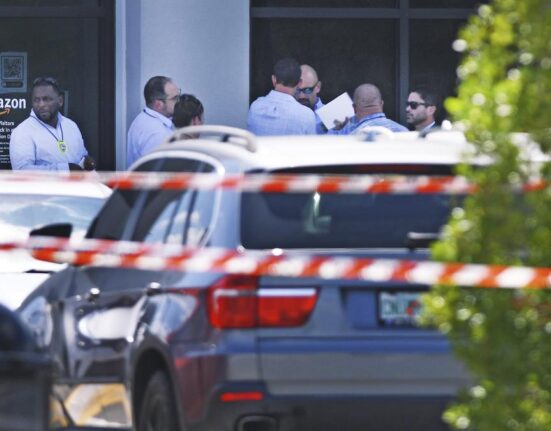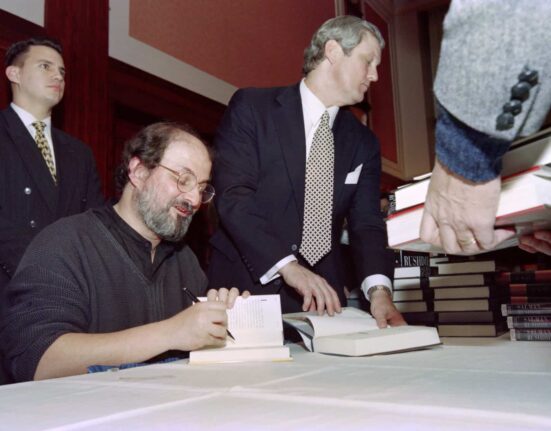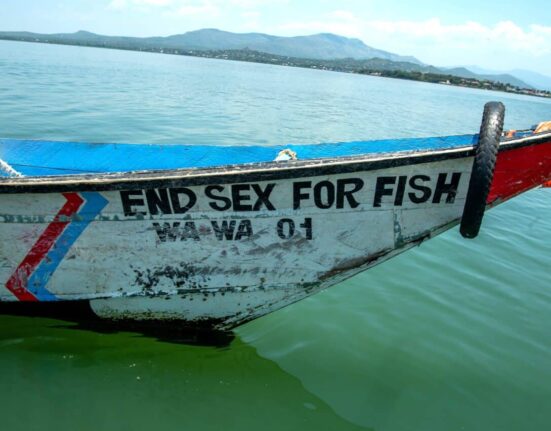In the realm of international relations and nuclear non-proliferation, a recent report by the International Atomic Energy Agency has stirred concerns about Iran’s uranium enrichment activities. The Iranian Foreign Minister, Abbas Araghchi, engaged in a pivotal phone conversation with Rafael Mariano Grossi, the director-general of the IAEA, following the release of this significant report.
Araghchi underscored Iran’s commitment to cooperation during his discussion with Grossi. In a statement on Telegram, he highlighted Iran’s dedication to continuous collaboration with international bodies like the IAEA. This gesture aimed to reassure global stakeholders regarding Iran’s nuclear endeavors.
The confidential IAEA report pointed out alarming developments in Iran’s uranium enrichment program. It noted that Iran had escalated its stockpile of uranium enriched up to near weapons-grade levels, raising eyebrows among experts and policymakers worldwide. This sharp increase in enriched uranium reserves prompted concerns about potential military applications.
“Iran is now ‘the only non-nuclear-weapon state to produce such material,’ which is a matter of serious concern,”
emphasized the IAEA report. This revelation added a layer of complexity to discussions surrounding nuclear proliferation and regional stability.
Amidst these revelations, Araghchi sought to address any doubts or misinterpretations regarding Iran’s nuclear activities. He reiterated that all of Iran’s endeavors in the nuclear realm were conducted within established frameworks and subjected to meticulous monitoring by international agencies like the IAEA.
Furthermore, Araghchi urged Grossi to prevent any attempts at exploiting the IAEA for political purposes against Iran. Such proactive statements reflect Iran’s stance on maintaining transparent and constructive engagement within the realm of nuclear diplomacy.
European nations closely monitoring these developments could potentially take further actions based on the comprehensive findings presented in the IAEA report. This situation raises concerns about potential escalations in tensions between Iran and Western powers if diplomatic channels are not effectively utilized.
Responding to queries raised by international observers post-report publication, Kazem Gharibabadi – Iran’s deputy foreign minister – issued a detailed rebuttal rejecting several assertions made within the document. Gharibabadi highlighted that extensive inspections had been carried out in various states by the IAEA, underscoring ongoing scrutiny faced by nations involved in nuclear activities.
“The Islamic Republic of Iran is neither pursuing nuclear weapons nor does it possess any undeclared nuclear materials or activities,”
affirmed Gharibabadi emphatically while addressing concerns stemming from heightened uranium enrichment levels reported by the agency.
As diplomatic efforts unfold on multiple fronts, including talks between U.S. and Iranian officials seeking mutual agreements on limiting Iran’s nuclear program in exchange for sanctions relief, global attention remains fixated on ensuring peace and stability in an uncertain geopolitical landscape.
With each development shaping narratives around global security dynamics and non-proliferation efforts, stakeholders navigate intricate pathways towards fostering trust, transparency, and cooperation in addressing complex challenges posed by evolving nuclear scenarios across regions.








Leave feedback about this